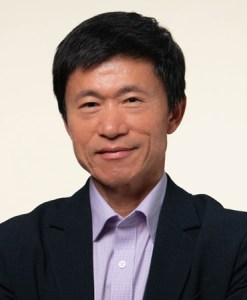This study explores the macroeconomic implications of adaptive expectations in a standard growth model. We show that the self-confirming equilibrium under adaptive expectations is the same as the steady state rational expectations equilibrium for all admissible parameter values, but that dynamics around the steady state are substantially different between the two equilibria. The differences are driven mainly by the dampened wealth effect and the strengthened intertemporal substitution effect, not by escapes emphasized by Williams (2003). Consequently, adaptive expectations can be an important source of frictions that amplify and propagate technology shocks and seem promising for generating plausible labor market dynamics.
About the Authors
Zheng Liu is a vice president and director of the Center for Pacific Basin Studies in the Economic Research Department of the Federal Reserve Bank of San Francisco. Learn more about Zheng Liu
